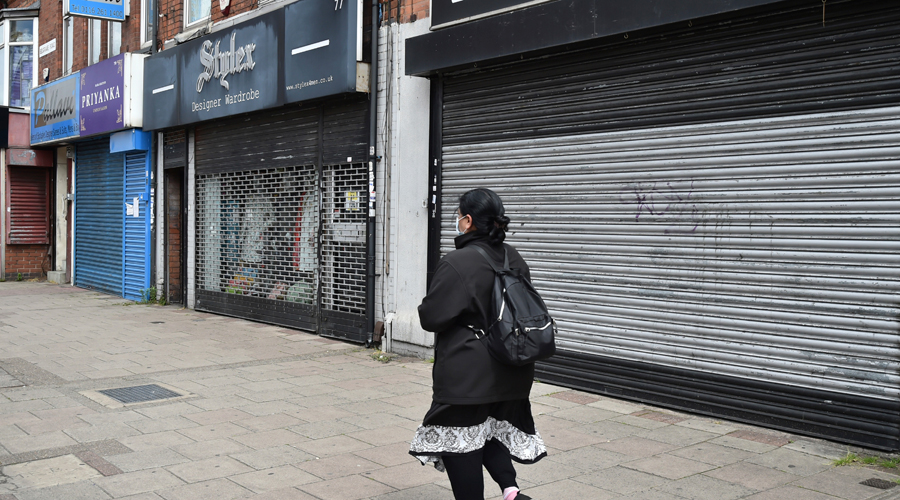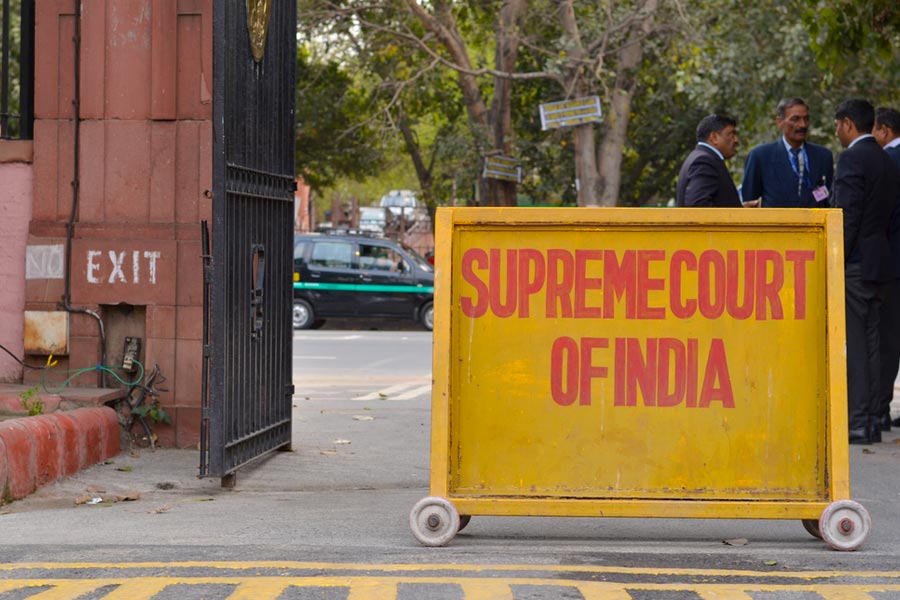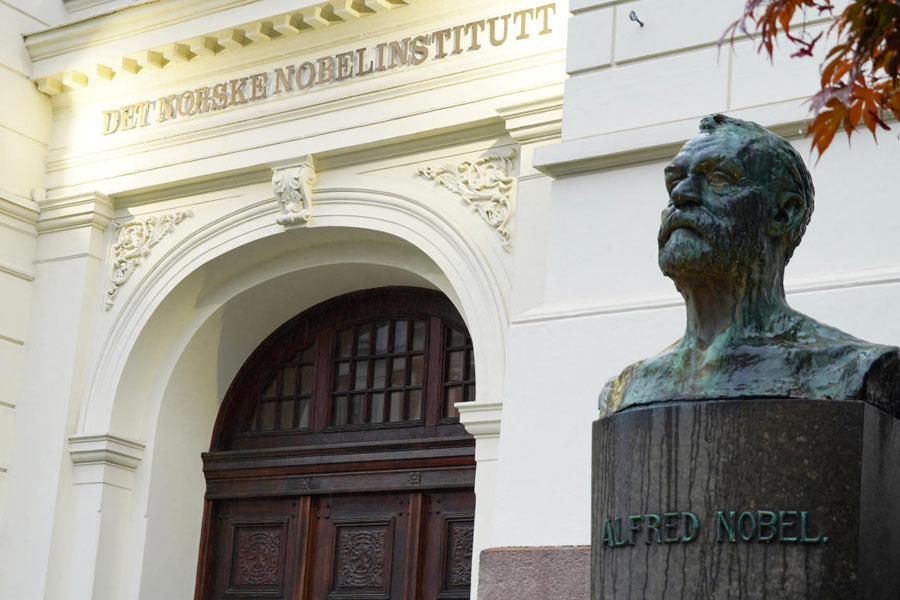Lockdown has returned with a vengeance to Leicester, the city in the East Midlands with one of the highest concentrations of Indians in the UK, after a surge in Covid-19 cases.
The lockdown was announced late on Monday night in the Commons by the health secretary Matt Hancock, who revealed Leicester’s seven-day infection rate of 135 cases per 100,000 people was “three times higher than the next highest city” and admissions to hospital were between six and 10 per day — compared to about one a day at other trusts.”
He warned lockdown measures — to be reviewed after two weeks — would be enforced by police “in some cases”.
The relaxation of shielding measures on July 6 for the rest of the UK — which will allow the most clinical-vulnerable to spend more time outside — will not go ahead in the city.
The planned easing of some restrictions in England on Saturday will also not go ahead in Leicester. This means restaurants, pubs, cafes, hairdressers and cinemas will stay closed in Leicester.
Leicester City Council said the latest figures obtained by the authority showed that 3,216 Covid-19 cases had been confirmed in the city since the start of the epidemic.
“Of these, 944 cases were reported in the last two weeks,” a spokesman said. That is estimated to be one in 16 cases in the country.
Although an ethnic breakdown has not been disclosed, many of those infected are thought to be Indian, some worryingly with diabetes.
The government has known for 11 days of the spike in cases but did not introduce adequate testing, leaving one local politician to suggest a conspiracy theory to The Telegraph: “Other places have also seen a spike but the government has picked on Leicester to give the appearance this is an Asian disease.”
The consequences of the lockdown are likely to be devastating, particularly for Indian businesses.
Rakesh Parmar, who owns Ye Olde Sweet Shoppe in the city centre, said the further restrictions would affect him “financially very, very badly” and that his customers were “very, very scared because it’s closer to home than we realised”.
Leicester’s Indians, who now proudly put on the biggest Diwali celebrations anywhere in the world outside India, have been through some harrowing times before, notably in 1972 when the majority arrived as refugees after being given 90 days to leave Uganda by President Idi Amin.
Since then they and their children have brought prosperity to Leicester, especially in Belgrave Road, that is full of Asian shops and is known as the city’s “golden mile”.
An angry Keith Vaz told The Telegraph: “I speak not only as a former MP (for Leicester East) but also as a diabetic who runs a diabetes charity, Silver Star. I am hugely disappointed – hugely disappointed – that the government has chosen to put Leicester into lockdown.
“The data (on Covid cases) has been available for 11 days. They did not do the testing to find the Covid cases and also underlying diseases such as diabetes. GPs are not giving appointments. The result is that Indian families, with infection, have been staying at home.
“There is now a sense of panic. People have been ringing me up and saying they are leaving Leicester. One man said he will stay with relatives in Wembley (in London). Leicester is the city with the highest concentration of British Indians in the UK. Belgrave Road is going to be devastated. Some may not recover after two weeks.”
Non-essentials shops are closing with immediate effect and schools from Thursday.
Hancock said: “We recommend to people in Leicester, stay at home as much as you can, and we recommend against all but essential travel to, from and within Leicester.”
The health secretary told BBC Breakfast on Tuesday there had been “an unusually high incidence” of coronavirus among children in Leicester in the last 10 days.
The restrictions will apply not only to Leicester but surrounding areas, such as Oadby, Birstall and Glenfield.
Health minister Nadine Dorries tweeted: “Leicester boundary decision will be taken by local council leaders working with (Department of Health) and others on the ground who know Leicester street by street – using infection rate information provided by the centre.”
Leicestershire Police said in a statement: “This is a dynamic situation and we will adjust accordingly providing proportionate policing under the relevant legislation to help keep people safe in Leicester, Leicestershire and Rutland. Our approach has always been clear that we will use the four Es – Engage, Explain, Encourage and Enforce where necessary.”











